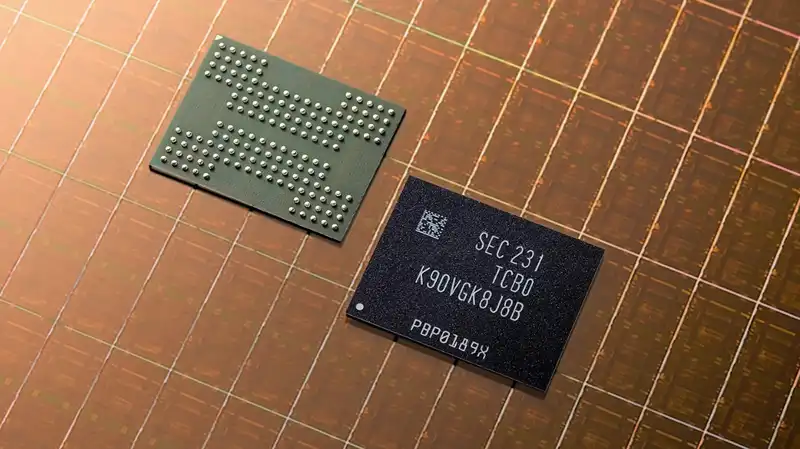A small research team at the Massachusetts Institute of Technology (MIT) Materials Research Laboratory has developed a transistor that offers performance comparable to that used to make flash memory chips, but with the added benefit of not wearing out with use. The transistor is made from ferroelectric material rather than the usual silicon-based engineering.
Flash memory has revolutionized the storage industry, with very fast, high-capacity NVMe SSDs recently available at relatively low prices. The tiny cells that store digital information have a limited lifespan because they wear out with each write/erase cycle. [When the Massachusetts Institute of Technology announced (via Tom's Hardware) that its materials lab had developed a transistor that does not wear out in this way, I immediately took notice. Rather than employing some variation of the commonly used silicon-based field-effect transistor (FET), it is a ferroelectric transistor (FeFET) made entirely of two thin boron nitride layers.
When an electric field is applied, the layers slide into each other, changing the electrical properties of the material. The switching of states takes place in nanoseconds, comparable to current NAND flash memory (pdf note), but the researchers found that the transistors can switch 100 billion times without much degradation.
Professor Raymond Ashori, who co-lead the research, said, "When I think about my entire career in physics, this is work that could change the world 10 or 20 years from now." Another professor involved in the study, Pablo Jarillo-Herrero, said, "This is one of the first and perhaps most dramatic examples of very basic science leading to something that has the potential to have a huge impact on applications."
Indeed, it sounds as if this discovery could form the beginning of a new paradigm for flash memory and everything that uses it.
Of course, this comes with a major caveat, and not just because it is a classic "lab-only" discovery. The research team created one transistor, and the average 1TB NVMe SSD contains trillions of transistors.
At this time, it is not possible to mass-produce wafers of large chips from ferroelectric materials, so we will not soon see ultra-slidy transistors driving SSDs for gaming. But as Asoori says, no one knows what will happen in 10 or 20 years. Maybe every chip we use will have billions of boron nitride layers, all furiously shuffled together, allowing us to store the latest game longer than ever before.


Comments